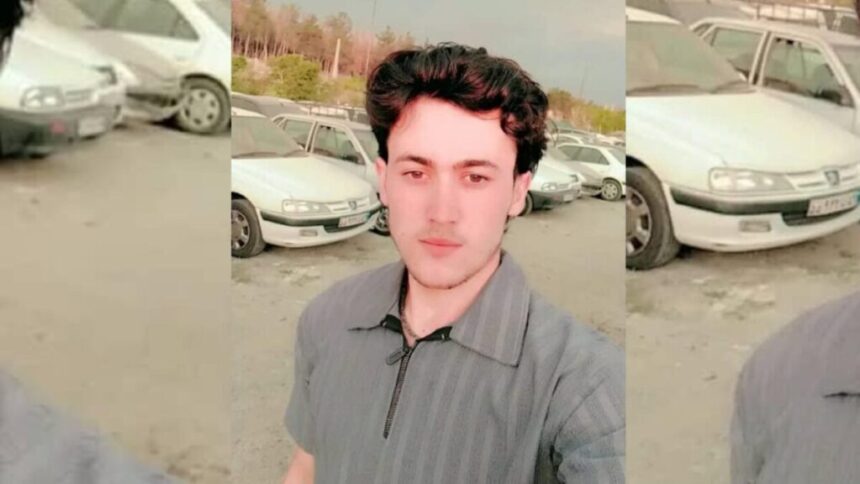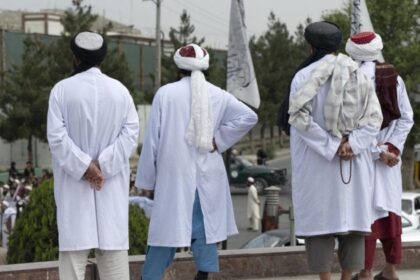RASC News Agency: A young Afghanistani migrant was killed and three others wounded during the recent wave of Israeli airstrikes on Iranian territory, local sources have confirmed to multiple media outlets. The deceased has been identified as 18-year-old Abdulwali, a native of Murghab district in Afghanistan’s central Ghor province. According to sources familiar with the incident, Abdulwali had migrated to Iran approximately six months ago in search of work, driven by the crushing poverty and widespread unemployment that have worsened since the Taliban’s return to power in Afghanistan. His life was tragically cut short when he and several others were directly struck during an Israeli bombing raid earlier this week.
His father, Abdulghani, told reporters that his son was killed on Tuesday, June 17, in one of the targeted areas. “We have not been able to recover his body or obtain specific details about the exact location of the incident,” he said, adding that the family remains in a state of shock and uncertainty. This incident has reignited concerns over the safety of Afghanistani migrants in Iran particularly amid the escalating military conflict between Iran and Israel. Human rights organizations and advocacy groups have repeatedly warned that Afghanistani asylum seekers and migrants, many of whom are human rights defenders, journalists, women’s rights advocates, and other vulnerable individuals, face elevated risks during times of armed conflict.
With tensions between Israel and Iran reaching a boiling point, the likelihood of civilian casualties, including among foreign nationals living in military zones or sensitive regions, has increased significantly. Afghanistani migrants, many of whom reside in overcrowded, marginalized communities with limited access to protection, are especially exposed. Despite the confirmed reports of casualties, neither Iranian officials nor the Taliban administration have issued any formal statement regarding the death of this young Afghanistani civilian. The Taliban’s continued silence on the fate of its nationals abroad particularly those affected by war, discrimination, or displacement has drawn criticism from diaspora groups and human rights observers.
As regional instability deepens, the Afghanistani refugee population in Iran finds itself caught in yet another conflict zone this time without a functioning state to advocate for their safety, dignity, or repatriation.






